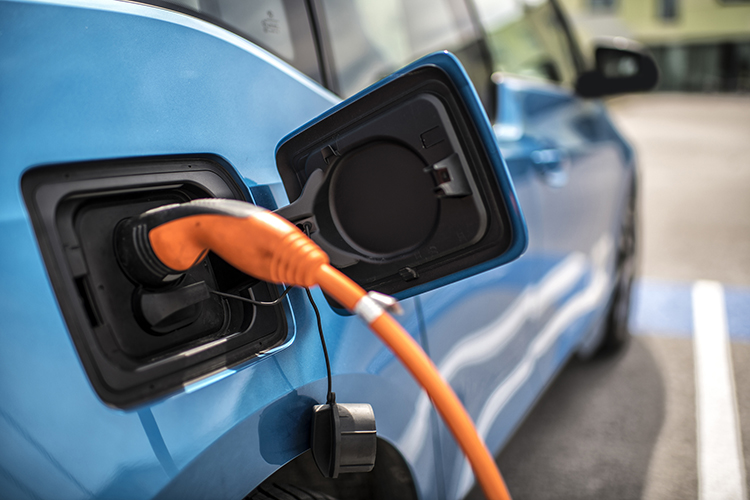Britain’s EV drivers are on track to benefit from 300,000 public chargers by 2030, a near-ten fold rise from today’s total, new analysis predicts.
Nearly three-quarters – or 70% – of public re-powering points already offer tariffs which keep EVs cheaper to fill up than a petrol or diesel vehicle, researchers found. They drew the line at recharging points asking no more than 68.7 pence per kWh.
In alliance with transport researchers New Automotive, clean power trade body the REA released its report “On the Road to 2030” in Parliament yesterday.
The study offers what it calls “the first clear snapshot of EV infrastructure” across Britain, with growth forecasts.
The Conservative government’s Zero Emission Vehicle (ZEV), floated first among the Net Zero Strategy proposals in October 2021, remains the most effective way to drive EV uptake in the UK, the research concludes.
It guarantees numbers & milestones in the supply of electric cars, providing the motor trade with certainty about future demand, and thus blows air under the wings of UK’s rising network of public chargers.
To reduce doubts about how many EVs will take to Britain’s roads, and by when, the REA urges policy makers to stay true to the ZEV’s commitments.
As of October, Department of Transport analysts totted up just under 35,000 public EV chargers deployed across the UK at all power ratings. The total had grown 8% in only three months. Half the total, the ministry reckoned, are ‘destination’ public chargers including in car parks. 32% are on-street, including in converted lampposts.
Transport lobbyists and researchers New AutoMotive claim credit for persuading Whitehall to advance Britain’s ban on new ICE cars by a decade, to 2030. Their monthly Electric Car Count tallies EVs as they roll out of showrooms, yielding all-important stats on fluctuating market shares secured by competing manufacturers.
REA external affairs director Amy MacConnachie said; “It’s excellent news that this key report has found EVs are indeed still cheaper to fill up than a petrol or diesel car, at 70% of UK public chargers.
“It is positive messaging for drivers looking to make the switch, reinforcing effective infrastructure and low-cost incentives, putting to bed any lingering concerns”.
She called for an ambitious ZEV mandate, describing it as essential to EV uptake by providing the motor industry with reassurance around the size of future demand.
Electric mobility is one of fourteen spheres of research and advocacy advanced by the REA, in full the Association for Renewable Energy & Clean Technology.
The European Climate Foundation sponsored the report, available here.




